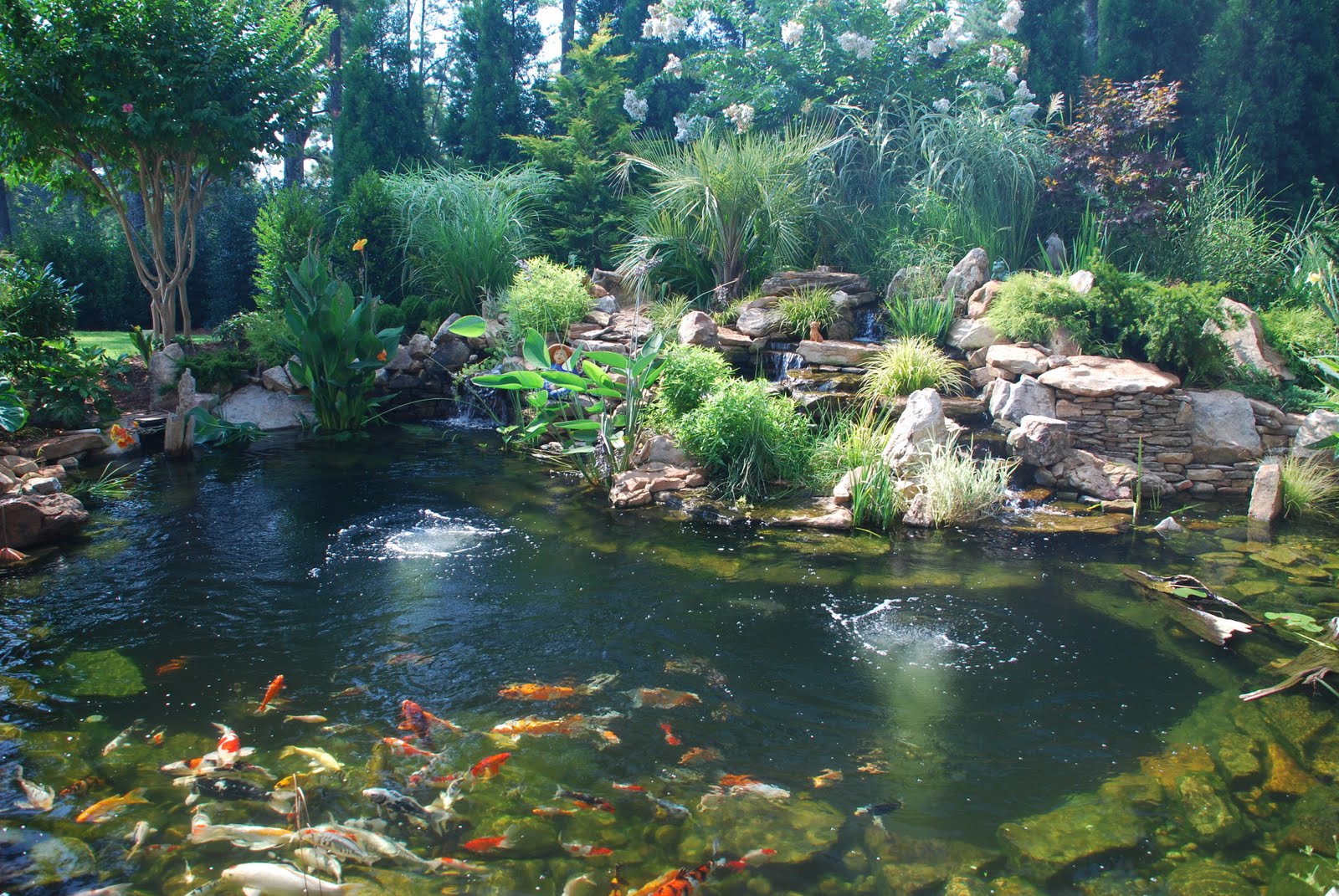
Choosing the Best Filter System for Your Koi Pond: A Comprehensive Guide
Introduction
Koi ponds are a beautiful addition to any garden or landscape. These ornamental fish are not only aesthetically pleasing, but they also offer a sense of tranquility and relaxation. However, maintaining a koi pond can be challenging, especially when it comes to keeping the water clean and healthy for your fish and aquatic plants. That is why choosing the best filter system for your koi pond is crucial. In this article, we will guide you through the process of selecting the best filter system for your specific needs.
Why is a Filter System Important for a Koi Pond?
Filter systems play a crucial role in maintaining the water quality in a koi pond. Koi produce a significant amount of waste, which can accumulate and harm both the fish and the aquatic plants in the pond. A filter system helps remove unwanted debris, excess nutrients, and harmful toxins from the water. This, in turn, reduces the risk of diseases and ensures a healthy environment for your koi and aquatic plants.
Types of Filter Systems
There are several types of filter systems available on the market. The three most common types of filter systems for koi ponds are:
1. Biological Filters
Biological filters contain beneficial bacteria that break down harmful ammonia and nitrite in the water. These filters work by passing water through a media such as ceramic rings or bio-balls where the bacteria can colonize. Biological filters are effective at reducing harmful toxins and maintaining water quality. However, they require regular maintenance and cleaning to prevent clogging.
2. Mechanical Filters
Mechanical filters work by physically removing debris and particles from the water. These filters usually consist of a foam layer or a filter pad that traps unwanted debris as water passes through. Mechanical filters are easy to maintain and clean, making them a popular choice for many koi pond owners. However, they do not remove harmful toxins and bacteria from the water.
3. Combination Filters
Combination filters combine both biological and mechanical filtration in one system. These filters are effective at removing debris, harmful toxins, and bacteria from the water. Combination filters require regular maintenance, but they offer the benefits of both biological and mechanical filtration.
Factors to Consider When Choosing a Filter System
When selecting the best filter system for your koi pond, you need to consider several factors, including:
1. Pond Size
The size of your koi pond is an essential factor to consider when selecting a filter system. A large pond will require a more powerful and larger filter system to maintain the water quality.
2. Number of Koi
The number of koi in your pond is another crucial factor to consider. A higher number of fish will produce more waste, which requires a more robust and efficient filter system.
3. Aquatic Plants
The presence of aquatic plants in your koi pond can affect the type of filter system you choose. Some plants, such as water lilies, offer natural filtration and oxygenation of the water. A filter system that complements the natural filtration provided by the aquatic plants can be a good option.
4. Budget
Your budget is another important factor to consider when selecting a filter system. While there are affordable options available, you should invest in a high-quality filter system that meets your specific needs. A well-functioning filter system can save you money in the long run by reducing the risk of diseases and the need for frequent water changes.
Conclusion
Choosing the best filter system for your koi pond is crucial for maintaining a healthy environment for your fish and aquatic plants. Careful consideration of the factors listed above, along with choosing the right type of filter system, can help you achieve a beautiful and healthy koi pond that you can enjoy for years to come. Remember that regular maintenance and cleaning of your filter system is necessary to ensure optimal water quality and the longevity of your filter equipment.
Images









